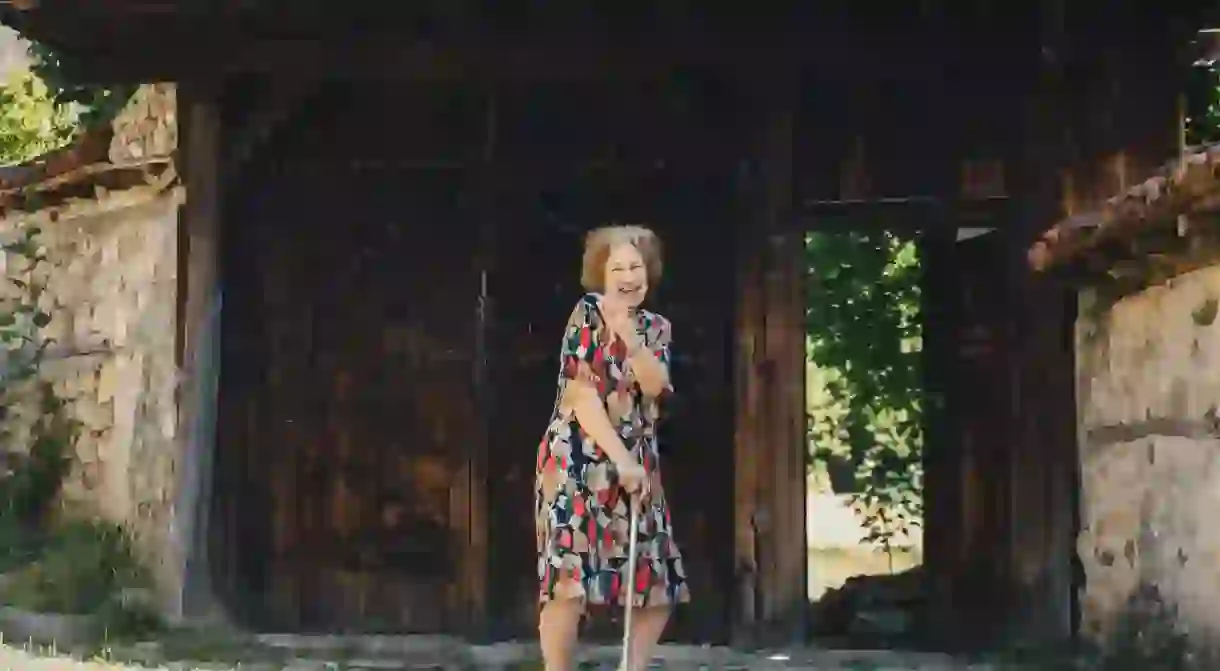Why Do Bulgarians Shake Their Heads to Say Yes?

This is something you will notice as soon as you start traveling in Bulgaria – Bulgarians are one of the few peoples around the world who shake their heads for saying ‘yes’ and nod for ‘no’. But how has this come to be? Here’s everything you need to know.
Background
Although Bulgarians are aware of being different in this aspect, they rarely wonder why this actually is so.
Charles Darwin was one of the first scientists to become interested in the subject. He asked missionaries from around the globe to send him information about how people express ‘yes’ and ‘no’ with their heads and it turned out that nodding and shaking heads were universal signs. Darwin suspected it was coded in our genes, although it has to have a cultural significance too (when you nod, it’s like a bow, showing respect). Even people who were born blind follow the universal rule.

Why Bulgarians are different – the theories
Theory 1
One of the theories why Bulgarians have turned their genetic gestures upside down is connected with the five centuries of Ottoman rule. When the Ottomans conquered Bulgaria, they wanted the locals to change their religion from Christianity to Islam and if they declined, they were often killed. So, according to the legend, Bulgarians agreed to swap the two signs and when they were asked if they wanted to become Muslim, they nodded while actually meaning ‘no’ in their hearts.
Theory 2
Another hypothesis finds a connection between the Bulgarian and the Indian way of shaking heads. Indians are also known for vigorously shaking their heads, often in a manner incomprehensible to foreigners. Through the centuries and thanks to the numerous wars and invasions, this tradition may have arrived from faraway India through the Ottoman Empire to the Balkans. Save for Bulgaria, these reversed head signs are also evident in Albania, Greece, and Turkey.

Theory 3
A third version searches for a relation between the Proto-Bulgarians with their nomadic way of life and the inexplicable cultural difference. Maybe they copied their horses who shook heads or nodded according to whether there was or there wasn’t food in front of them. The headstrong Proto-Bulgarians may have kept the tradition in order to preserve their cultural characteristics.
A final word of warning…
Now that many Bulgarians travel or have lived abroad, the practice has begun to change, especially in big cities. More and more people use the universal signs or just mix the two, which makes deciphering the meaning even harder.













